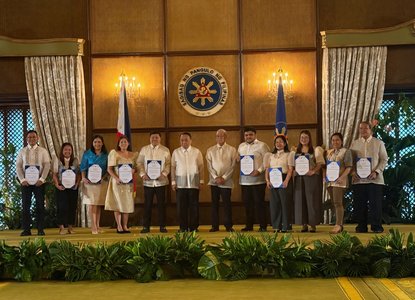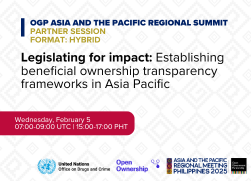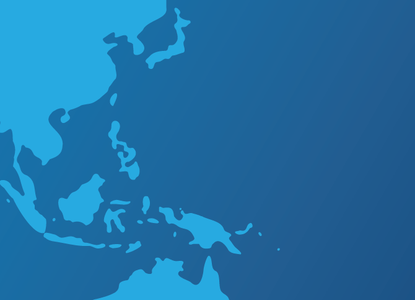Landmark Philippine procurement law contains key provisions on beneficial ownership
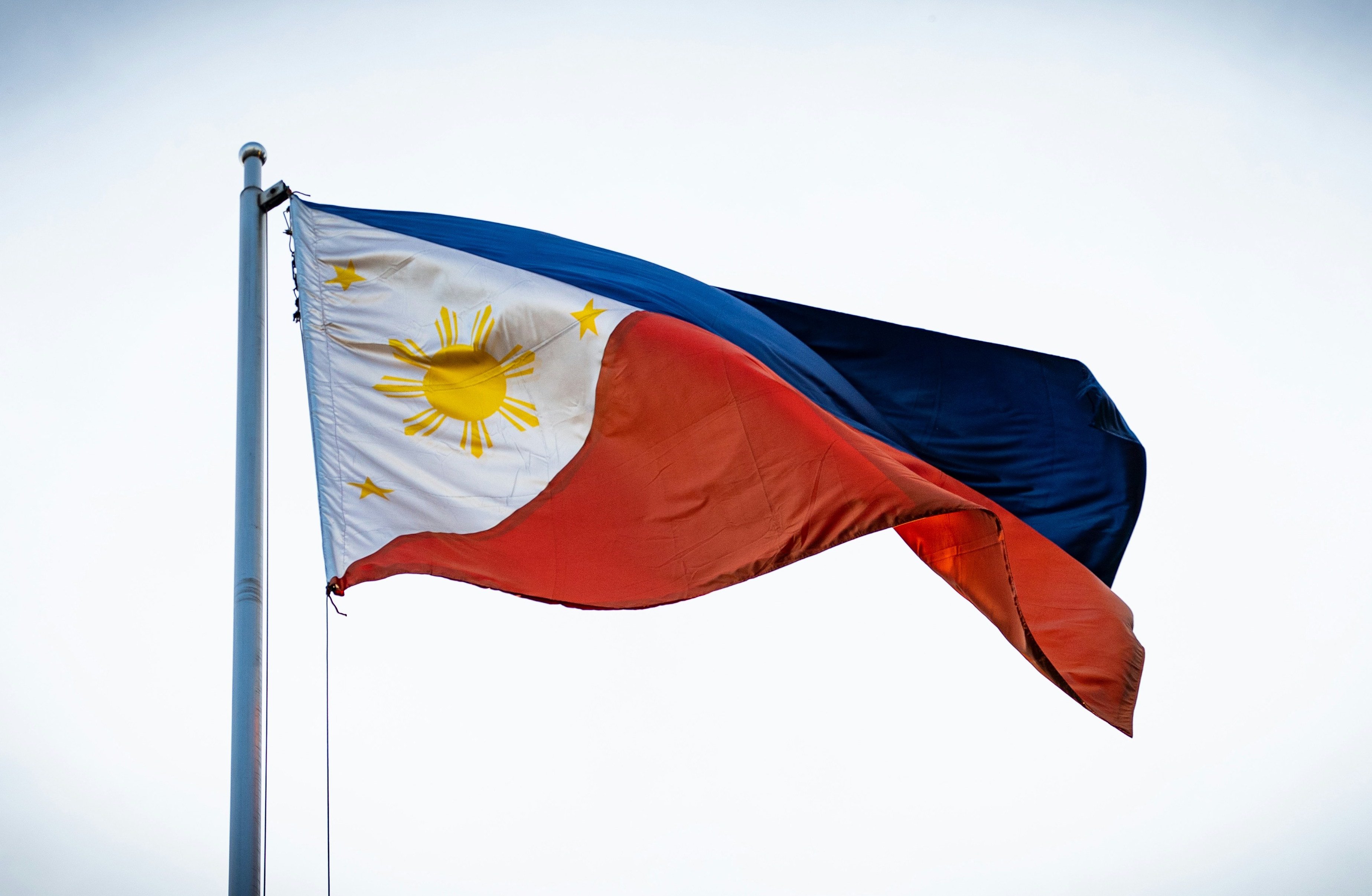
In what has been heralded as cutting-edge legislation in the Philippines, all bidders, suppliers, manufacturers, distributors, contractors, and consultants that wish to participate in government procurement are now required to disclose their beneficial owners. This is in line with the goal of legislators to enhance transparency and ensure greater accountability in bidding processes.
The New Government Procurement Act (Republic Act No. 12009) was signed into law by President Ferdinand Marcos Jr. on 20 July 2024. The law intends to streamline the procurement process by institutionalising electronic procurement and allow greater flexibility with the introduction of new procurement modalities and concepts, such as the Most Economically Advantageous and Responsive Bid. This allows procuring entities to consider factors apart from costs.
The inclusion of beneficial ownership provisions was welcomed by legislators in both the House of Representatives and the Senate to address bid collusion and corrupt practices in the current system. Bid collusion occurs when different companies owned and controlled by the same person bid against one another for the same contract. Apart from bid collusion, transparency on the ultimate beneficial owners of corporate vehicles can also reveal undisclosed or hidden conflicts of interests.
In addition to requiring legal entities to disclose their beneficial ownership information, the law also mandates the Government Procurement Policy Board (GPPB) to maintain a public beneficial ownership registry of all companies that plan to enter into contracts with the government. It also provides a sanction of blacklisting from one to two years for inaccurate disclosures for the first and second offences, and perpetual disqualification for a third offence.
The inclusion of beneficial ownership disclosure was one of the key recommendations of Open Ownership in a roundtable discussion organised by the United Nations Office on Drugs and Crime (UNODC) in April 2023. The event brought together technical experts from the government, including the GPPB, the Philippine Government Electronic Procurement System, the Securities and Exchange Commission (SEC), and the House Committee on Revision of Laws as well as members of the Open Government Partnership and the Open Contracting Partnership.
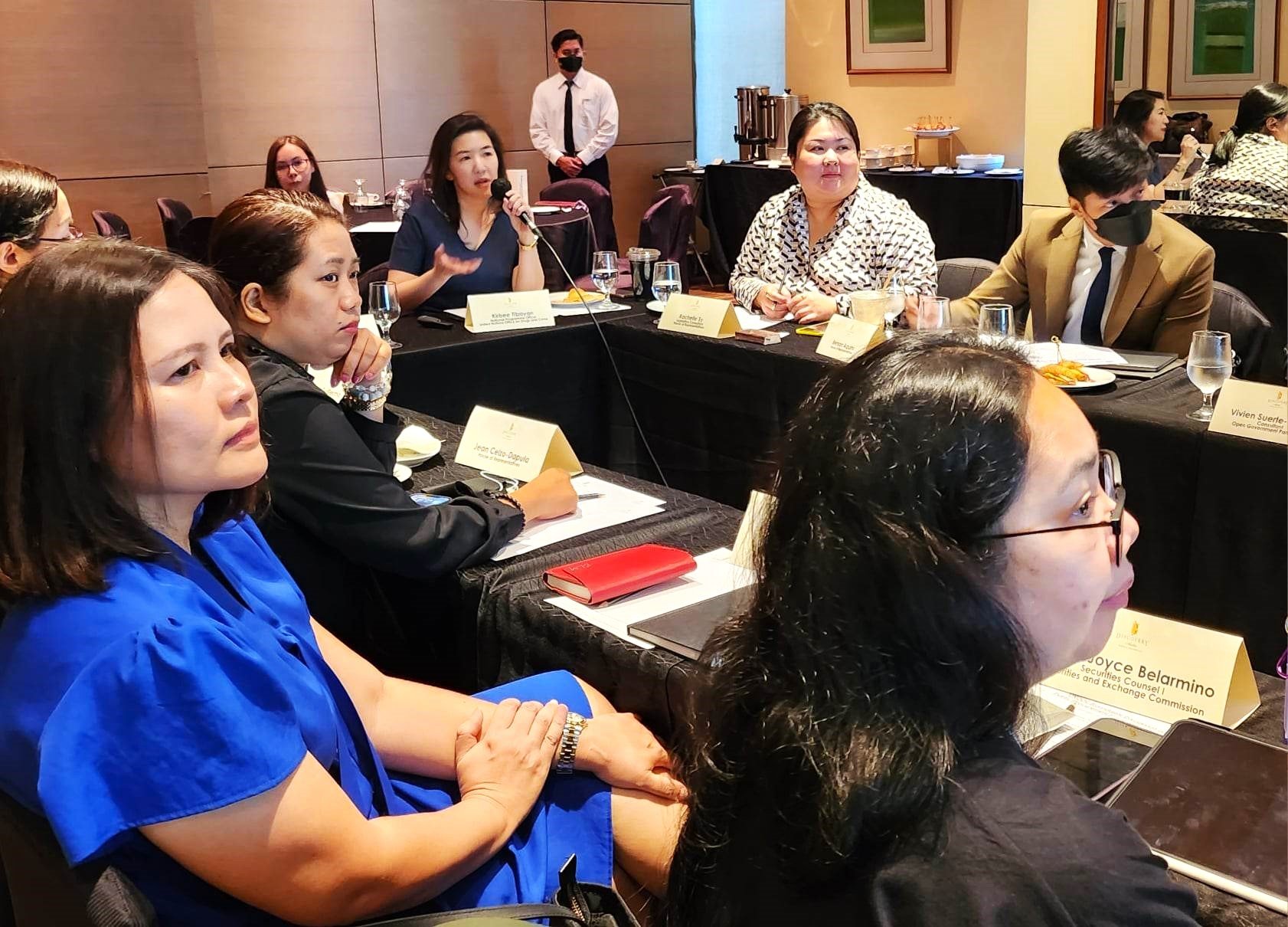
Participants at the high-level Roundtable Discussion on Public Procurement Fraud and Corruption. Photo: UNODC
This was followed by a group discussion on “Beneficial Ownership Data Use in Public Procurement” on 31 August 2023, co-organised by Open Ownership, the UNODC, and the SEC. The discussions highlighted the importance of the use of beneficial ownership information in mitigating corruption and improving the decision-making processes in public procurement. The SEC and the GPPB entered into a data-sharing agreement on beneficial ownership in October 2022.
The challenge now lies in the implementation of these key legal provisions to ensure that the national policy goals of maintaining greater transparency, accountability, and competitiveness are met.
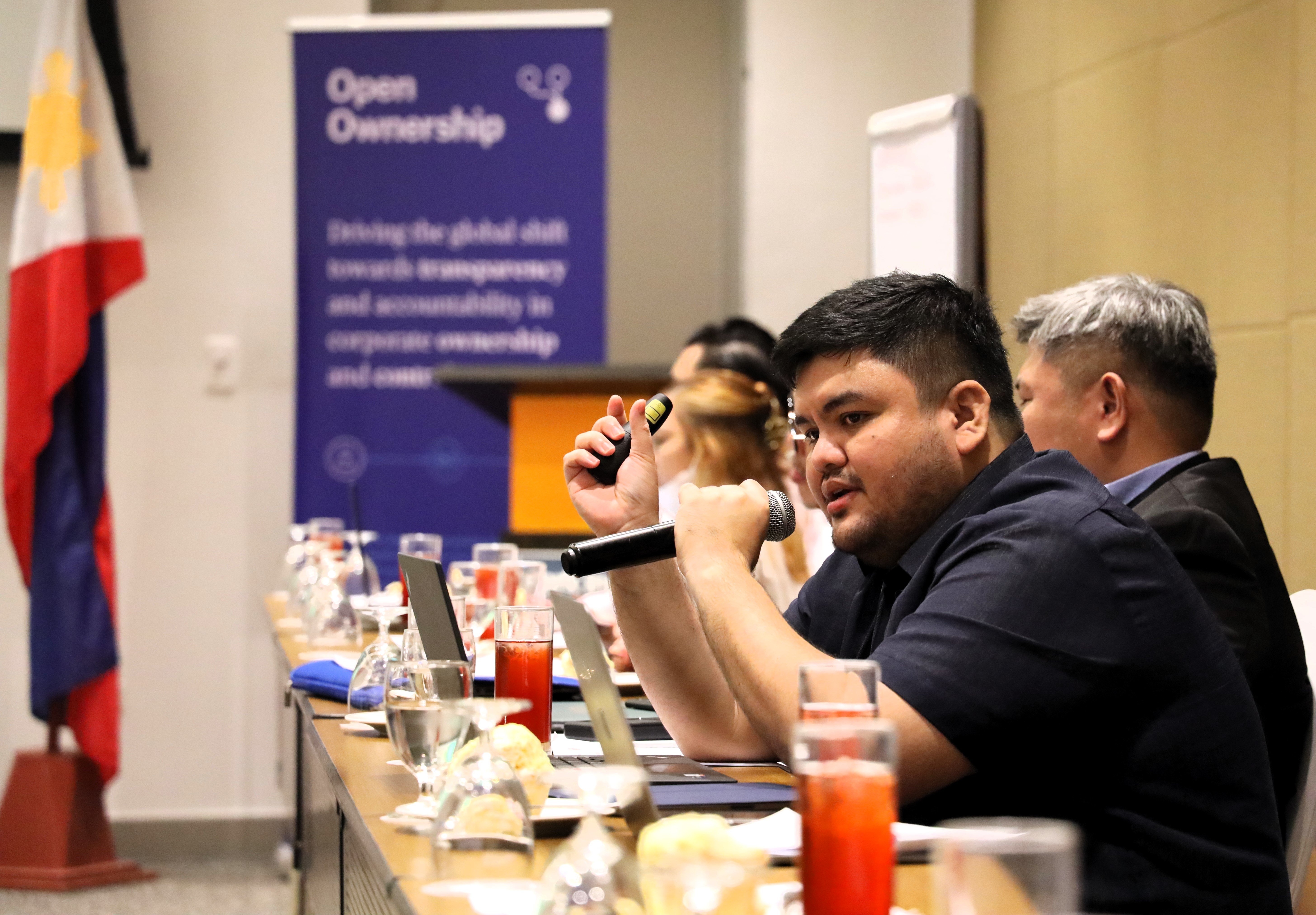
During a focus group discussion convened by Open Ownership, UNODC and the SEC, procurement authorities discussed several of the practical measures needed for the effective implementation of BOT for procurement
